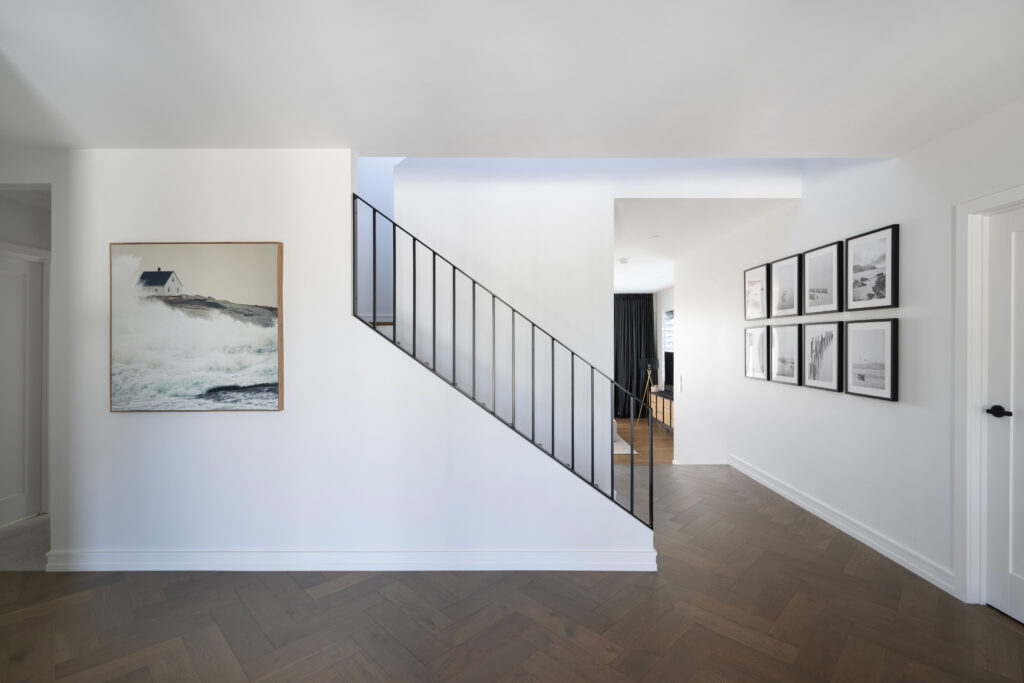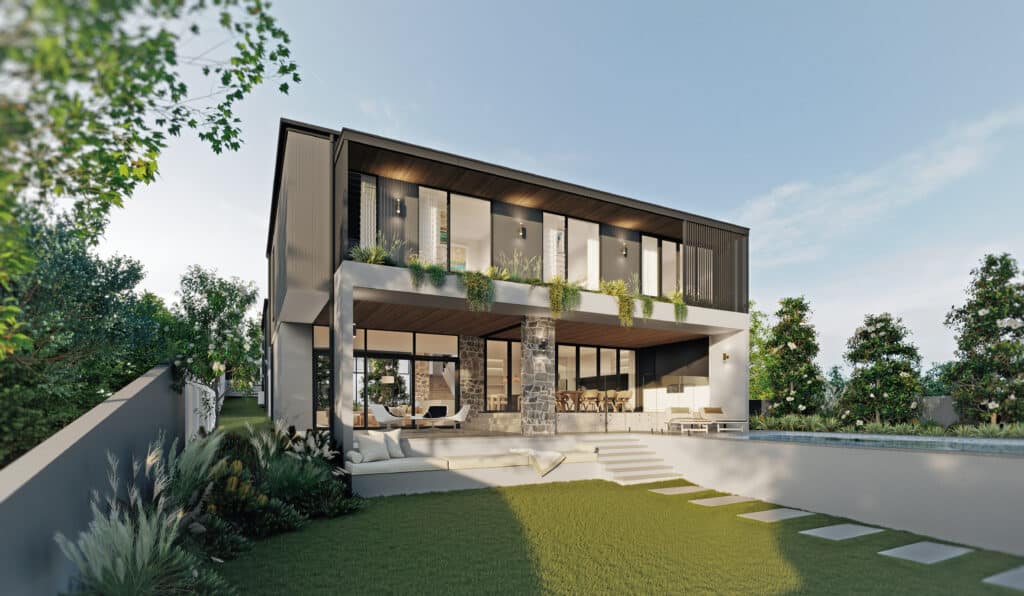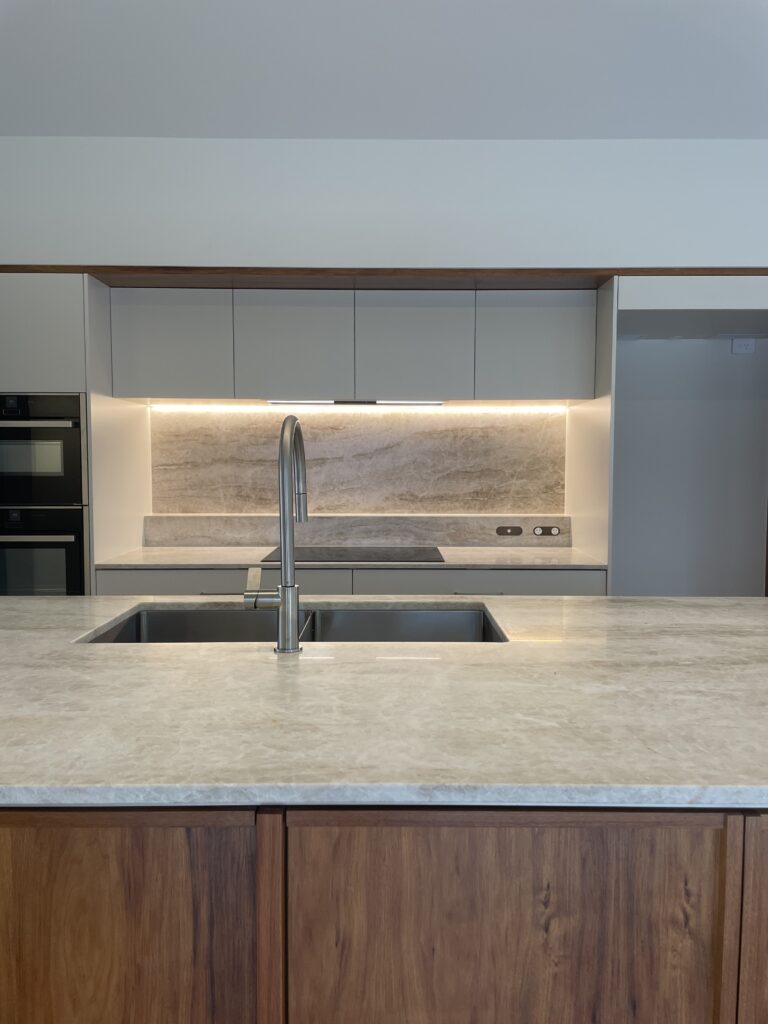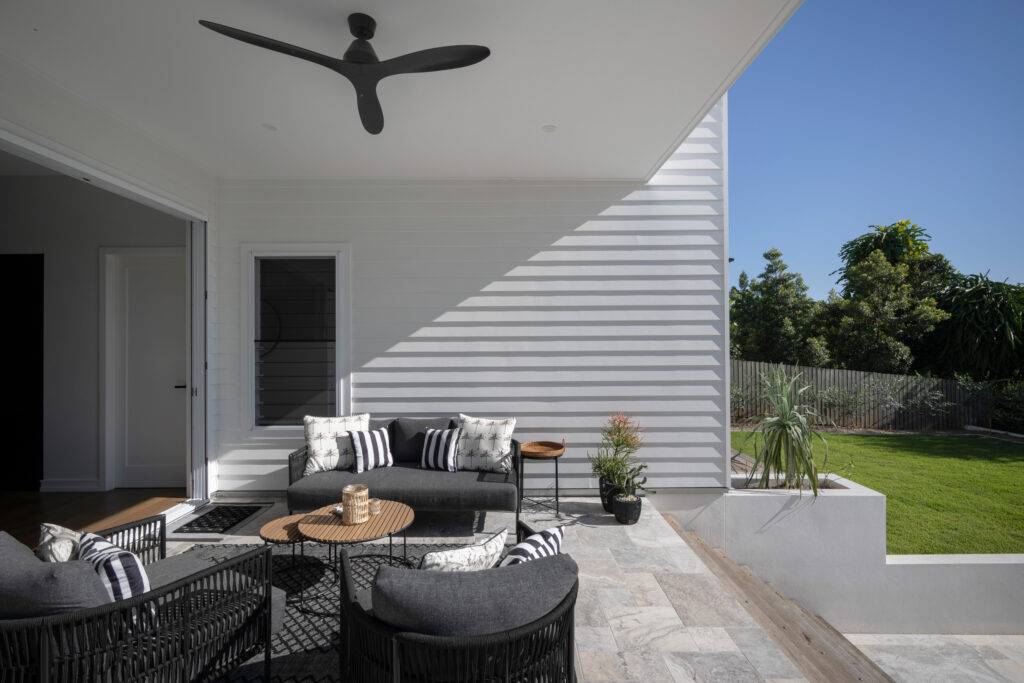Should You Buy or Build Your Next Home?

At some point, you may find yourself wondering whether you want to build or buy a house of your own. It can be quite a challenge since both options come with their own set of advantages and disadvantages.
Buying a home offers the convenience of moving into a ready-made space, perfect for those who need to settle in quickly. On the other hand, building a home provides the opportunity to customise every detail to suit your specific needs and preferences.
Ultimately, the best choice depends on your priorities, budget, and timeline.
If you need help choosing whether to buy or build your next home, continue reading to determine which option is most suitable for you.
How To Weigh Up The Pros and Cons of Buying vs. Building a Home
Feeling torn between buying or building the perfect home is a common dilemma for many prospective homeowners. Fortunately, you can find valuable resources to guide you through making the right decision.
Whether you’re seeking convenience or customisation, you can refer to our blog to learn everything you need to know about selecting a home that aligns with your needs and aspirations.
We’ve outlined the pros and cons of building and buying a home, so you can evaluate them and decide which one is best for you.

Pros of Building a Home
Building a home from scratch opens up a world of possibilities tailored to fit exactly what you want and need in a home. From selecting the perfect layout to choosing finishes that reflect your personality, building allows you to create a space that feels uniquely yours.
Additionally, this approach ensures full control over the quality and sustainability, making your dream home a durable and comfortable residence for years to come.
You might also like: Our 36-Point Custom Home Building Checklist
Here are the top reasons why building your dream home is an enticing and fulfilling choice:
Customisation
Customisation is a huge advantage of building your own home. You have the opportunity to choose exactly what you want, from the layout to the fixtures and fittings to the paint colours. This means you can create a home that fits your needs perfectly and showcases your personal style.
When you can customise, you can add things that fit your lifestyle, like a home office, a gym, or a playroom for the kids. You can even plan for the future, like adding a space for guests to stay or making sure your home is easy to get around as you get older.
With customisation, you’ll own a home that’s not just functional but has a distinctive sense of belonging to you. This level of personalisation can make your home more comfortable and enjoyable for you and your family to live in.
Quality Control
When you’re in charge of building your home, you can make sure that only the best materials and techniques are used. This means your home will be stronger and last longer. You can collaborate with trusted builders and select high-quality materials, ensuring compliance with the latest building standards.
Being hands-on in the building process also helps you avoid common issues seen in older homes, like outdated wiring or plumbing problems. This proactive approach can save you from costly repairs and maintenance in the future.
Managing quality control as your home is built lets you create a place that’s aesthetically pleasing, personalised, sturdy, and reliable for the long term.
Energy Efficiency
By building a custom home, you have an exceptional chance to prioritise energy efficiency. With modern methods and materials, you can select specific insulation, windows, and doors to keep your home cosy and energy bills down.
Choosing high-efficiency HVAC systems, water heaters, and smart thermostats helps your home run smoothly. You can also use energy-saving lights and even add solar panels to cut your carbon footprint, making your home more eco-friendly.
Remember that good insulation and ventilation not only save energy but also make your home feel comfortable and keep the air fresh for you and your family.
Financial Flexibility
Constructing your own home enables you to manage and control costs more effectively and choose the areas to splurge. Plus, you can build in stages, starting with the basics and adding upgrades when you’re ready. This way, you can stay on top of your finances without sacrificing your dream home’s quality.
Building a home also protects you from unforeseen expenses often encountered in pre-owned homes. Since everything’s brand new and comes with warranties, you’re less likely to face unexpected costs for repairs.
Cons of Building a Home
Building a home can be a rewarding experience, but it also comes with its share of challenges. The process can take a significant amount of time and requires your effort and coordination.
Here’s a closer look at the specific challenges you might face when building a home:
Time and Effort
Constructing a home involves a substantial investment of time and effort. This is a project that’ll take many months, and each step needs careful planning and coordination.
Therefore, it’s important to approach home construction with proper preparation for the significant commitment that building a home entails. This means you need to make sure you have the time, commitment and resources to see the project through to completion.
By doing so, you can actively participate in shaping every aspect of your new home, ensuring that it reflects your vision and preferences. Whilst building your own home will be very rewarding in the long run, we completely understand that the time required means that this option isn’t for everyone.
Potential Challenges
You can encounter a couple of unforeseen circumstances when building a home, and they can affect how long the construction takes and how much the cost to build a house is.
Weather delays, such as rain or extreme temperatures, can temporarily slow down construction progress, potentially affecting the planned move-in date. You might also encounter poor soil conditions or other disruptions that may cause you to change your initial plans.
However, by maintaining open communication with your builder, staying adaptable to changing circumstances, and having contingency plans in place, you can handle these challenges well and finish building your home successfully.

Pros of Buying an Existing Home
Buying an established property has its perks. You can move in right away without waiting for it to be built, and you can see exactly what you’re getting before you make a decision. If you did want to make significant adjustments later on, there is the option to renovate.
Here are the benefits of purchasing an existing home:
Immediate Occupancy
One great thing about buying a home that’s already built is that you can move in right away. Unlike building a new home, which takes time, purchasing an existing one lets you start living there almost right after you buy it.
Whether you’re moving for a job, starting a family, or just excited to have your own space, buying an existing home might be a better option for you now as it is a quicker solution.
Known Costs
Buying an existing home gives you a clearer idea of how much everything will cost right from the start. You can easily figure out things like your mortgage payments, property taxes, and insurance based on the home’s purchase price.
Knowing the costs upfront can help you to plan better. It makes budgeting for other homeowner expenses, like repairs and maintenance, a little easier too.
At Watara Homes, we speak with a lot of people who are unsure of how to budget for their home project. This is why we have a very diligent process behind planning and quoting to ensure you know what to expect.
Customisation and Upgrades
Even though you are not building a custom home from scratch, it doesn’t mean you’ll never be able to tailor your home to your needs. If now simply isn’t the right time for you, you will still have the opportunity to add modern amenities, renovate outdated features, or extend for more space.
This ability to tailor the home to your specifications improves its functionality, comfort, and overall value.

Cons of Buying a Home
While buying a home has its advantages, there are also some potential downsides you must take into account. From the risk of hidden issues to depreciation, it’s essential to weigh the drawbacks before making a decision.
Let’s take a look at the challenges of buying a home to give you a clearer picture of what to expect.
Hidden Issues
Contrary to building your own home, buying a pre-owned house can come with surprises, like hidden problems you might not notice at first. These issues could range from cracks in the foundation to mould lurking behind walls, or outdated electrical and plumbing systems.
While a home inspection can uncover some issues, it may not reveal everything. Thus, you’ll need to deal with potential hidden costs and repairs. To avoid this, you must be very thorough in your evaluation process during the purchase.
Competition
In the real estate world, competition for existing houses can get intense, which can drive up prices and make it tough for home buyers. When there aren’t many homes available for sale, especially in popular areas, buyers often find themselves in bidding wars.
The problem with this is that homeowners can overspend on a home that may not be perfect for their family, using any budget they had available for alterations. Building a home on a lot you own, however, would let you skip the high competition and inflated prices of the home market. It’d also guarantee that you get exactly what you want in terms of location, design, and features, without the risk of losing out to other bidders.
Depreciation
When you buy an established home, it’s important to think about depreciation and how it could affect your investment in the long run. Depreciation refers to the decrease in the value of your home over time, which can happen due to factors like wear and tear, changes in the neighbourhood, or economic shifts.
While most homes tend to increase in value over time, there’s always a chance they could lose value instead. This can make it harder to sell the home for a profit later on, especially if you need to sell during a tough market.
However, constructing a home can minimise the effect of depreciation since everything is new. You can add modern features that hold their value, customise the space to keep it well-maintained and do upkeep from the beginning to make sure you can sell it at a good price in the future.
Are You Considering Building a Luxury Custom Home? Reach Out To Us At Watara Homes Today
At Watara Homes, we specialise in building architecturally designed homes in Brisbane City and surrounding areas. From concept to completion, we’ll work with you every step of the way. Whether it’s a ground-up build or a stunning renovation, our team is here to make it happen.
You might also like: Should You Renovate or Rebuild?
